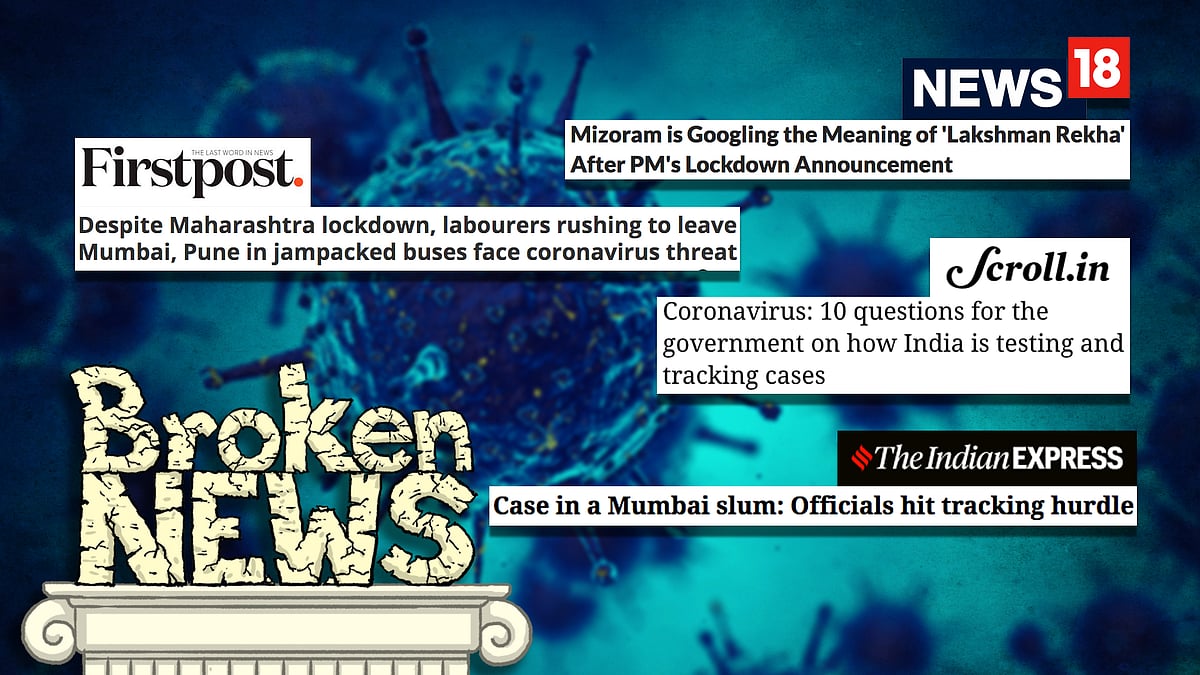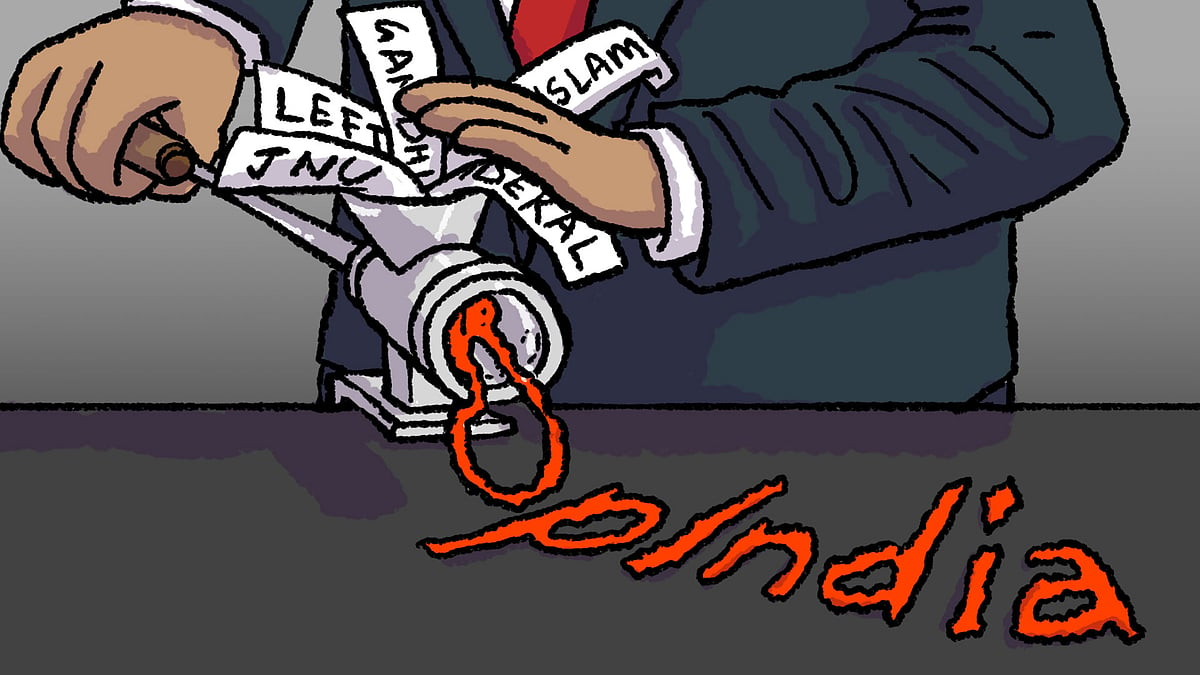In Punjab, fake news and unethical journalism add to coronavirus panic
Dainik Savera published names, addresses and photos of three people, labelling them ‘suspected’ coronavirus patients. It was wrong.
India’s battle against coronavirus faces many hurdles. Migrant workers are stranded and forced to walk hundreds of kilometres home, there is a shortage of protective gear for health workers, the testing capacity is limited, the economic fallout of the measures taken to tackle the pandemic could be crushing.
If the situation wasn’t grim enough, there’s another menace to contend with: fake news.
In Punjab, Dainik Savera recently ran three video stories about as many “suspected” coronavirus patients, including their names, pictures, and addresses. The videos went viral in Ludhiana, sparking fear among the residents. The “suspected patients” received phone calls from friends, family and acquaintances, and were ostracised.
Leave alone the ethics of such reporting, Dainik Savera got even its facts wrong. Only one of the three “suspected patients” later tested positive for coronavirus. She is currently in quarantine.
Dainik Savera subsequently removed all three videos from its YouTube channel. But the damage was done.
Dainik Savera is a newspaper and news website based in Jalandhar, Punjab, and backed by the Shital Group of Industries. It claims to sell 7,31,320 copies per day across Punjab, Himachal Pradesh, Haryana, Chandigarh, Jammu and Kashmir, and the National Capital Region.
At least 41 people have tested positive for coronavirus in Punjab, two of them in Ludhiana. The two non-patients whose names were published by the news outlet are Manjit Singh and Baljit Singh.
Manjit is the founder and chairman of the Bonn Group, a food company based in Ludhiana. Baljit, who lives in the United States, had returned to his ancestral home in Ludhiana much before the lockdown started. Neither are, or have been, quarantined.
“I was surprised to learn about the news story by Dainik Savera claiming I have coronavirus,” Manjit told Newslaundry. “I am healthy and do not have any health issues. It’s a request that news organisations that are spreading fake news should be shut down.”
Baljit circulated a video message saying he had a sore throat and he reported this to the local administration. He was taken to a hospital, but tested negative for coronavirus.
“I was admitted to the government hospital in Ludhiana. At the time my test was being conducted, fake news went viral that I’m suffering from coronavirus,” Baljit said in the video. “My reports turned out to be negative.”
He said “unconfirmed news” shouldn’t be circulated since it could harm one’s social life. Baljit also announced at his village’s gurudwara that he had not tested positive for coronavirus.
Kuldeep Singh Vaid, the Congress MLA from Ludhiana, came out in support of Manjit. “News claiming that Manjit Singh had contracted coronavirus is completely fake,” Kuldeep told Newslaundry. “People should be aware of organisations that are spoiling the atmosphere of Punjab by circulating fake news.”
Kuldeep said he had reached out to Shital Vij, owner of Dainik Savera, who has since “apologised” to Manjit. Dainik Savera later carried the “breaking news” that reports of Manjit testing positive for the virus were “fake”; the outlet didn’t mention that it was the source of this fake news. It did not issue a public apology or a corrigendum either.
Dr Rajesh Bagga, chief medical officer of Ludhiana, told Newslaundry that the district administration had appealed the media not to reveal the identities of coronavirus patients as it leads to social stigma.
“Revealing the identities of coronavirus patients is wrong, and the media should exercise restraint in reporting such cases,” Bagga said.
This is not the first piece of misreporting around coronavirus by Dainik Savera. On March 23, it published a story incorrectly attributing a quote — “Only God can save us” — to Italian prime minister Giuseppe Conte. More mystifyingly, the photograph that accompanied the story was of Brazilian president Jair Bolsanaro.
A senior official in the district administration said, on the condition of anonymity, that no complaint has yet been filed against Dainik Savera. “In the absence of a complaint, no action can be taken against the news organisation,” the official said.
Newslaundry reached out to Shital but he did not respond to phone calls or text messages.
On March 31, replying to a public interest litigation on the condition of migrant workers during the lockdown, the central government told the Supreme Court that “fake news” was one of the biggest challenges it was facing in the fight against the pandemic.
Chief Justice of India SA Bobde, who was hearing the PIL, responded: “You told us about fake news and how you will control it. Do you have any powers under any Act by which you can punish people for spreading fake news? Why don't you take action against people if you are so concerned about fake news?"
Arjun Sharma is a Ludhiana-based freelance writer and a member of 101Reporters.com, a pan-India network of grassroots reporters.
 Coronavirus: Why isn’t Indian media asking hard questions of the government?
Coronavirus: Why isn’t Indian media asking hard questions of the government? Fake news, lies, Muslim bashing, and Ravish Kumar: Inside OpIndia’s harrowing world
Fake news, lies, Muslim bashing, and Ravish Kumar: Inside OpIndia’s harrowing world